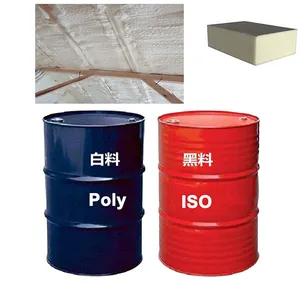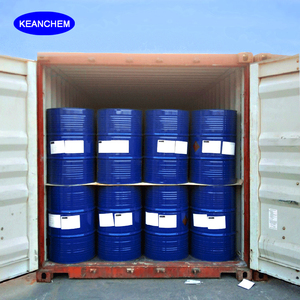Introduction to Open Cell Spray Foam
Open cell spray foam is a highly effective insulation material that offers a myriad of benefits for both residential and commercial applications. It is designed to expand upon application, filling gaps, cracks, and voids in structures to create an airtight seal. This type of foam is distinguished by its structure, which features a multitude of interconnected cells. These open cells allow air to flow, providing excellent sound dampening properties, while still delivering significant thermal insulation.
Types of Open Cell Spray Foam
There are various types of open cell spray foam products available, each tailored to meet specific insulation needs:
- Low Density Open Cell Foam:
- Ideal for interior applications.
- Provides excellent thermal insulation while being lightweight.
- Medium Density Open Cell Foam:
- Offers enhanced structural strength.
- Suitable for both interior and exterior applications.
- Specialized Open Cell Foam:
- Custom formulations designed for specific environments such as attics and basements.
- Enhanced moisture resistance properties for humid conditions.
Applications of Open Cell Spray Foam
Open cell spray foam is incredibly versatile and can be used in a variety of scenarios:
- Residential Insulation:
- Used for insulating walls, ceilings, and floors in homes.
- Improves energy efficiency by reducing heating and cooling costs.
- Commercial Insulation:
- Ideal for insulating commercial buildings, warehouses, and retail spaces.
- Helps in dampening sound between offices and meeting rooms.
- Soundproofing:
- Used in theaters, recording studios, and gyms to minimize noise pollution.
- Helps create a quieter and more comfortable environment.
- Moisture Control:
- Applications in areas prone to high humidity such as basements.
- Protection against mold growth and deterioration.
Features and Advantages of Open Cell Spray Foam
The utilization of open cell spray foam comes with a range of features and advantages:
- Energy Efficiency:
- Provides superior insulation, resulting in lower energy bills.
- Reduces environmental impact by conserving energy.
- Air Barrier:
- Creates an effective air seal, preventing drafts and air leaks.
- Contributes to a stable indoor climate.
- Moisture Resistance:
- Helps guard against moisture-related issues.
- Prevents mold and mildew growth.
- Durability:
- Long-lasting performance with minimal maintenance required.
- Resists sagging and settling over time.
























































































































































































